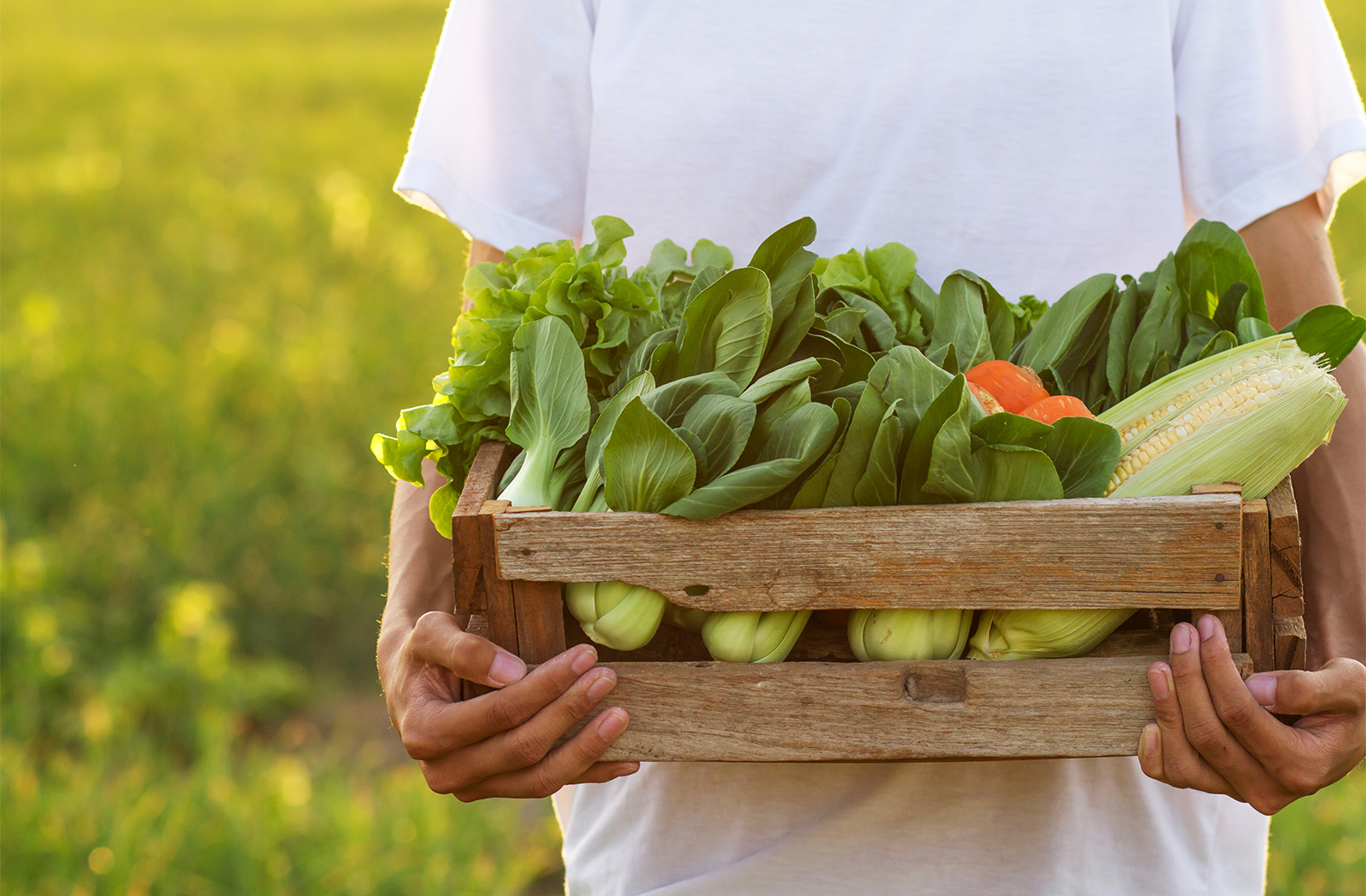AssoBio-Nomisma study: 93% of consumers chose organic in 2024
January 2025

Interest in organic products is growing, so much so that 93% of Italians between 18 and 65 years of age (equivalent to 24 million households) have purchased at least one organic food item in the last year.
These are the findings of the Nomisma-AssoBio study presented on 15 January at Marca by BolognaFiere during the conference ‘Beyond organic. Innovation, trust and sustainability for a new relationship with the consumer'.
The research highlights the considerable step forward made by the sector and points out that only in 2012 the percentage of the population inclined to buy organic stood at 50%.
At the same time, the Nomisma survey shows the need for greater clarity in terms of labelling. This is because, while the organic brand continues to be perceived as synonymous with wholesomeness and sustainability, consumers also tend to rely on other claims on packaging, including ‘Zero Residue’, even if they do not know exactly what they mean.
Moreover, despite the fact that 54% of Italians recognise the greater guarantees offered by organic products, a significant 23% consider residue-free products to be equal to organic ones, and a further 23% believe that the guarantees provided by the ‘Residuo Zero’ claim are even greater than those of the organic certification system.
In general, however, there is greater awareness of organic than of the lesser known ‘Zero Residue’, about which 50% of consumers admit to having no clear information. Among the aspects that most value organic are the sustainable production method and commitment to soil protection (79%), the quality and traceability of products, guaranteed by European certification (76%), and the absence of synthetic products such as pesticides and chemical fertilisers (73%).
Commented Silvia Zucconi, Chief Operating Officer of Nomisma: ‘In a context that is seeing an exponential increase in “green claims” among on-shelf references and a growing interest in the sustainability characteristics of food products, organic food shows strong resilience. However, there is a lack of awareness of the distinctive elements and characteristics of some of the main on-shelf claims, which risk, in some cases, to downgrade the role of organic in the consumer's perception'.
ALL NEWS